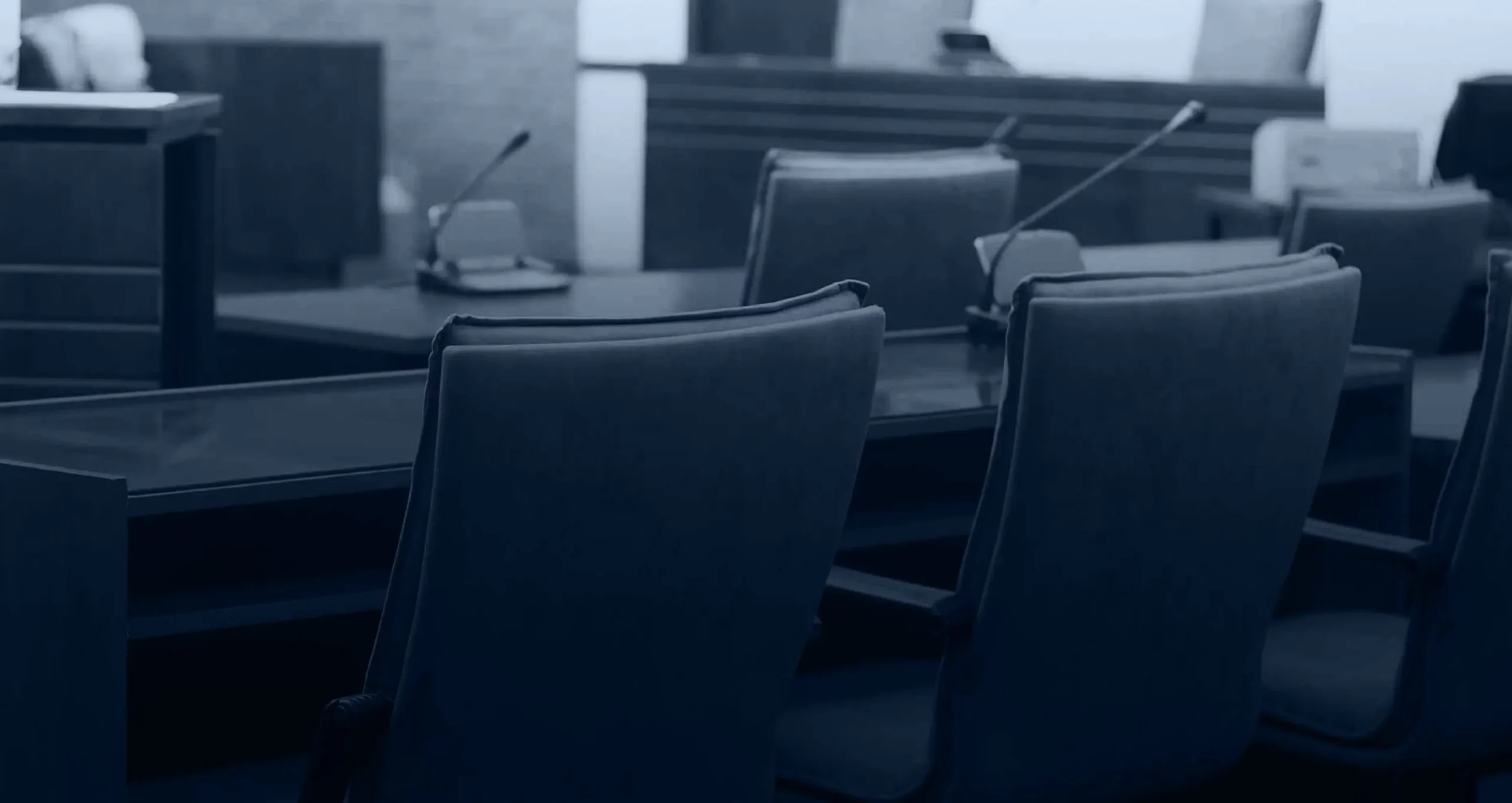
The harsh truth is that when it comes to a legal claim, what you can prove matters more than the truth does. Evidence is what you use to prove an assertion that you make or deny an assertion that the other side makes.
In the context of a personal injury claim, evidence is anything you submit to an insurance company or court that can render a claim (yours or your opponent’s) more or less likely to succeed.
The Illinois Rules of Evidence

The Illinois Rules of Evidence are the legal rules that determine whether the court will accept your evidence. If it refuses to accept the evidence, the jury will never see it. This matters even in settlement negotiations because a negotiating party is likely to discount inadmissible evidence when making decisions at the bargaining table.
Types of Evidence
The primary types of evidence include physical, demonstrative, documentary, and testimonial evidence.
Physical Evidence
Physical evidence is anything tangible—tire marks, skid marks, bodily wounds, a bloody glove, a gun, a knife, fingerprints, etc.
Demonstrative Evidence
Demonstrative evidence includes things like charts and graphs that help the court understand the significance of the rest of the evidence. A chart, for example, might illustrate why a particular strand of DNA almost certainly belonged to the defendant.
Documentary Evidence
Documentary evidence might include a contract, a waiver of liability, medical records, cell phone records, pay stubs, etc.
Testimonial Evidence
Testimonial evidence means under-oath witness testimony.
Eyewitness Testimony
An eyewitness may testify about their personal experiences. “I saw him run the red light,” for example.
Expert Witness Testimony
An expert may offer a professional opinion within their field of expertise. For example, “Any reasonable doctor would have ordered lab tests based on the patient’s symptoms.”
Suppression: Why Do Courts Exclude Evidence?
The Illinois Rules of Evidence exclude many kinds of evidence based on certain principles, including those that appear below.
Relevance
All evidence must be relevant to be presented in court. There are cases where evidence is now considered irrelevant that would have been considered relevant many decades ago. The consensual sexual history of a rape victim, for example, is almost always regarded as irrelevant even though it was once considered highly relevant.
Probative Value vs. Prejudicial Effect
“Probative value” means something like the weight of the evidence—its ability to help prove a given fact. “Prejudicial effect” is the tendency of an item of evidence to unfairly influence a jury.
A court can exclude evidence if its probative value is relatively slight while its potential prejudicial effect is significant. For example, a graphic photo of a child car accident victim might have a great prejudicial effect. Its emotional impact might unfairly convince the court to believe that it was the defendant who caused the injuries, even if such was not the case.
Hearsay
”Hearsay” is an out-of-court statement offered to prove the truth of the matter asserted in the statement. The statement itself can be verbal or written. A police report, for example, is hearsay if you use it to prove the truth of some fact that the police report asserted. Instead, you should call the police officer who wrote the statement to the witness stand and question them.
The hearsay rule has many exceptions. One of them applies if the police officer is unavailable (for permissible reasons) to testify.
Common Evidence Used in Personal Injury Claims
The following items of evidence commonly appear in settlement negotiations or trials:
- Police reports (typically not admissible in court but useful in settlement negotiations)
- Medical records
- Medical and financial expert witness testimony
- Email messages and social media posts
- Eyewitness testimony
- Photographs and videos
- Cell phone records
- Employment records and pay stubs
- Physical evidence, such as torn clothing or damaged property
Personal injury lawyers use many other types of evidence, depending on the type of case.
A Chicago Personal Injury Lawyer Can Help You Gather the Evidence Needed to Prove Your Claim
A Chicago personal injury attorney at Zayed Law Offices Personal Injury Attorneys can gather admissible evidence that you might not have thought of (the defendant’s Facebook posts, for example, or an automobile’s event data recorder). You can expect them to know the Illinois Rules of Evidence inside and out. Contact us online or call us at (312) 726-1616.





